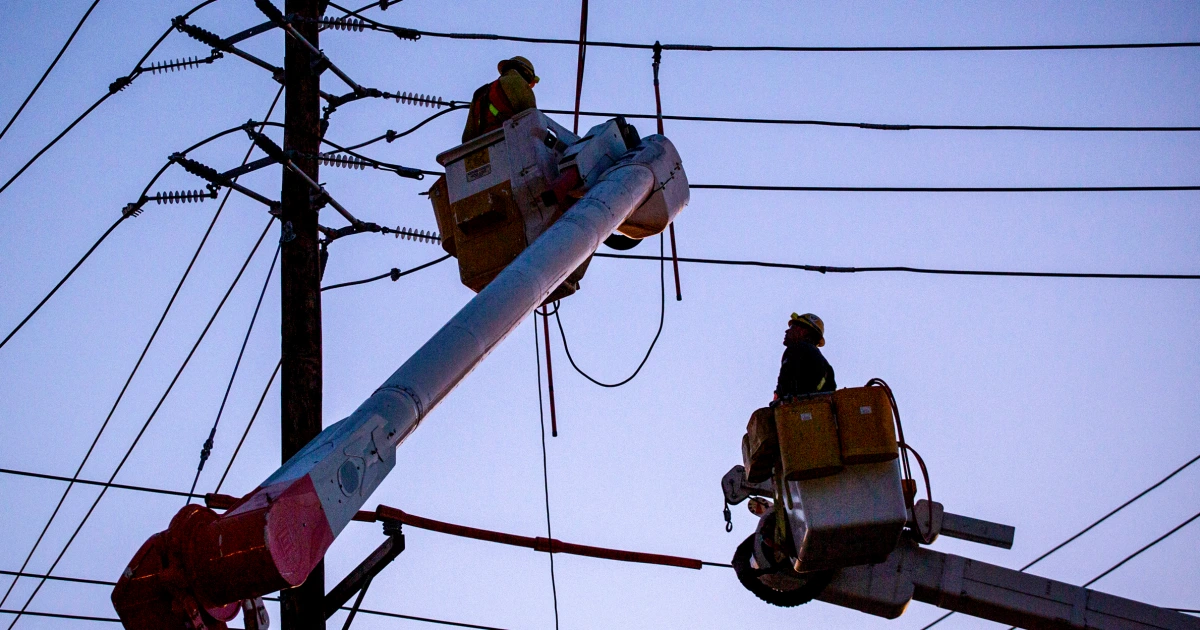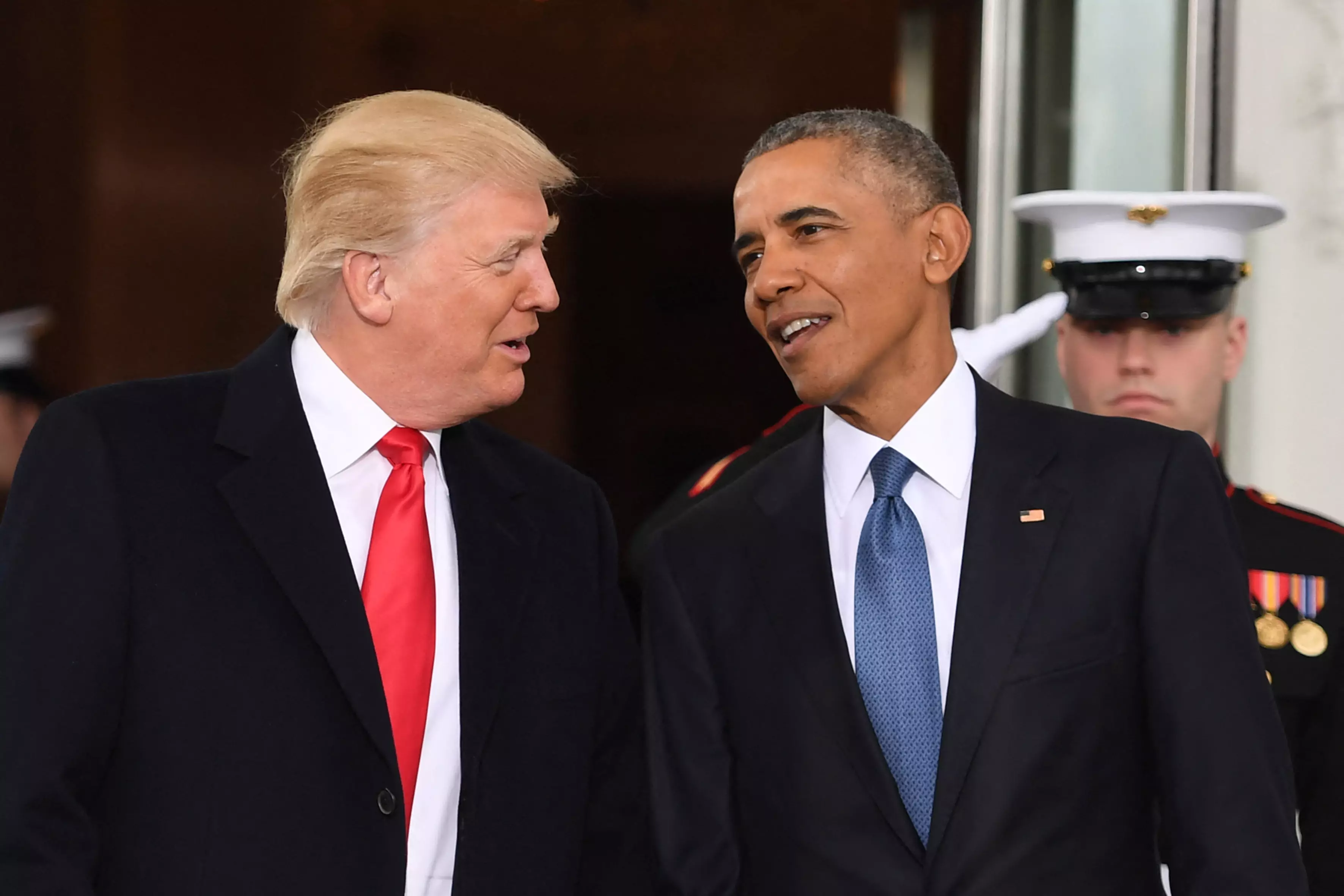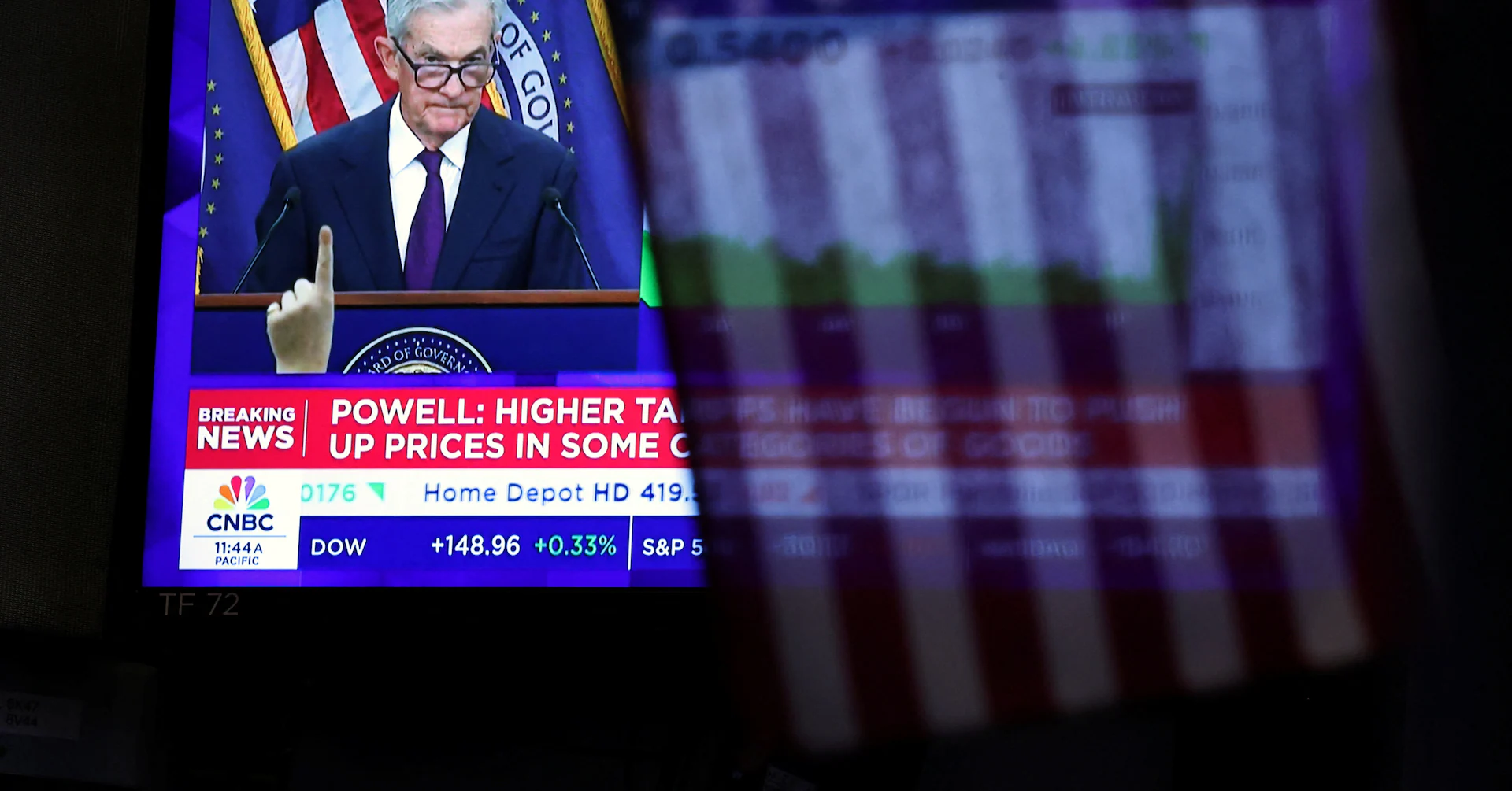
Welcome to the online version of From the Politics Desk, a newsletter that brings you the NBC News Politics team’s latest reporting and analysis from the White House, Capitol Hill and the campaign trail.
In today’s edition, Bridget Bowman explores how utility costs are starting to emerge as a major campaign issue. Plus, Kristen Welker provides a preview of her “Meet the Press” interview with Pennsylvania Gov. Josh Shapiro.
Sign up to receive this newsletter in your inbox every weekday here.
— Adam Wollner
Electricity costs jolt New Jersey’s race for governor — and they’re coming for the midterms
By Bridget Bowman
Soaring electricity costs have become a major issue in this year’s race for governor in New Jersey — previewing a potential national battle over energy prices that could put both parties on defense in next year’s midterm elections.
New Jersey’s Board of Public Utilities warned earlier this year that monthly electricity bills could rise between 17% and 20% starting June 1.
On the air: Democrat Mikie Sherrill and Republican Jack Ciattarelli have both focused on the issue in their opening salvos on the airwaves, a sign that surging electric bills are top of mind for New Jersey voters less than two months before Election Day.
“Day 1 as governor, I’m declaring a state of emergency on utility costs using emergency powers to end these rate hikes and drive down your bills,” Sherrill, a Navy veteran, said while piloting a helicopter in her first TV ad of the general election.
Ciattarelli, a former state legislator, pledged in his first TV ad of the fall to “lower electricity bills, cut and cap property taxes, and keep our community safe.”
Restore NJ, an outside group backed by the Republican Governors Association, also launched a TV ad alleging that Sherrill “supports the failed energy plan that tripled our electric bills this summer.”
What the polls say: New Jersey voters, though, are divided over whom to blame.
A Fairleigh Dickinson University poll conducted in July found 26% of New Jersey voters blamed utility companies for higher energy bills, 19% blamed Democratic Gov. Phil Murphy, 15% blamed the federal government and 14% blamed the state Legislature.
In a Quinnipiac University poll of likely New Jersey voters released Wednesday and conducted Sept. 11-15, 42% said Sherrill would do a better job handling the issue, while 40% said Ciattarelli would do better — inside the poll’s margin of error — and 17% said they do not know or declined to answer the question.
Looking ahead to 2026: The U.S. Bureau of Labor Statistics’ most recent consumer price data found that electricity prices are rising faster than the rate of overall inflation, rising by 6% compared with last year, while inflation was at 2.9%.
Both parties have signaled that the surging prices could be a salient campaign issue. The issue has already started to pop up in battlegrounds beyond New Jersey, with Democrats arguing that measures aimed at reducing wind and solar projects in President Donald Trump’s sweeping tax cut and spending legislation will drive up electricity prices.
Read more from Bridget →
Speaking of the midterms: Bridget reports along with Melanie Zanona and Garrett Haake that Rep. Julia Letlow, R-La., is seriously considering mounting a primary challenge against Sen. Bill Cassidy, according to three GOP sources familiar with the matter. And she has received encouragement from the White House to jump into the race, two sources said.
Pennsylvania Gov. Josh Shapiro: Trump administration is ‘trying to stifle dissent’
By Kristen Welker
“Fear. Just, worry for our country.”
That’s how Pennsylvania Democratic Gov. Josh Shapiro described his response to learning that ABC suspended Jimmy Kimmel’s show after threats from the Trump administration against the media following the late-night comedian’s comments about the killing of conservative activist Charlie Kirk.
Calling freedom of speech “our foundational principle in this country,” Shapiro told me in an interview that to “see that being undermined by the long arm of the federal government is extremely dangerous.”
“Whether you agree with Jimmy Kimmel or not, whether you found him funny or not, to fire someone because he told a joke about the president repeatedly, and the president didn’t like it, to fire him because he was inartful in his words in the wake of the killing of Charlie Kirk, when you have others in the media — and I mean this as no disrespect — who are inartful every day, right? That is dangerous when we are selectively firing people because of their viewpoints.” (While Kimmel’s show has been pulled off the air “indefinitely,” he has not been fired.)
Shapiro went on to add that “without question” the Trump administration is “trying to stifle dissent,” calling the move “dangerous.”
Kimmel’s suspension came after Federal Communications Commission Chair Brendan Carr threatened to “take action” against Disney and ABC in response to Kimmel’s Monday comments about Kirk’s killing.
During that monologue, Kimmel accused Republicans of “trying to characterize this kid who murdered Charlie Kirk as anything other than one of them, and doing everything they can to score political points from it.”
My conversation with Shapiro comes as the eyes of the nation are increasingly focused on how political leaders are addressing political violence, with the nation still on edge as Kirk is set to be laid to rest in his home state of Arizona this weekend.
Shapiro also discussed his firsthand experience as a victim of political violence, as he faced an arson attack at his home earlier this year. And we touched on a slew of other important topics during the wide-ranging interview, including his response to the excerpts from former Vice President Kamala Harris’ new book.
I hope you’ll join me this Sunday to hear more from my interviews with Shapiro; Sen. Rand Paul, R-Ky.; and bestselling author Mel Robbins.
Related reads:
Trump and Republicans have found themselves on the other side of the cancel culture wars in the wake of Kirk’s assassination, Henry J. Gomez reports.
The House passed a resolution honoring Kirk and rejecting the political violence of recent years, Scott Wong, Melanie Zanona and Kyle Stewart report. The vote was 310-58, with 95 Democrats joining all 215 Republicans in support.
✉️ Mailbag: Trump’s crusade against mail voting
Thanks to everyone who emailed us! Here is this week’s reader question:
“Did mail-in votes in Florida, or other states, help [Trump] win the 2024 election?”
This question comes in the wake of the president renewing his attacks on mail voting, vowing last month to issue an executive order aimed at banning the process outright — a proposal that would face significant legal hurdles.
As our colleagues Matt Dixon and Henry J. Gomez recently noted, it would likely face political hurdles within Trump’s own party, too.
The most recent data available shows that voter turnout by mail exceeded 30% in the 2024 election in at least 14 states and the District of Columbia — and Trump won half of those states.
Digging deeper into Florida — a state where Republicans historically relied on mail voting to boost their numbers with older voters — about 27% of ballots were cast by mail last year. Among those voters, 58% went for Kamala Harris and 41% went for Trump, according to NBC News election results. By comparison, more than 60% of Floridians who voted in person on Election Day or earlier went for Trump. He went on to carry the state by 13 points.
So while Democrats have established a mail voting advantage following the Covid pandemic, Trump voters still utilize it, which is why many Republicans are hesitant to line up with the president on the matter.
Have a question of your own? Send it to politicsnewsletter@nbcuni.com and we may answer it in a future edition of the newsletter.
That’s all From the Politics Desk for now. Today’s newsletter was compiled by Adam Wollner.
If you have feedback — likes or dislikes — email us at politicsnewsletter@nbcuni.com



